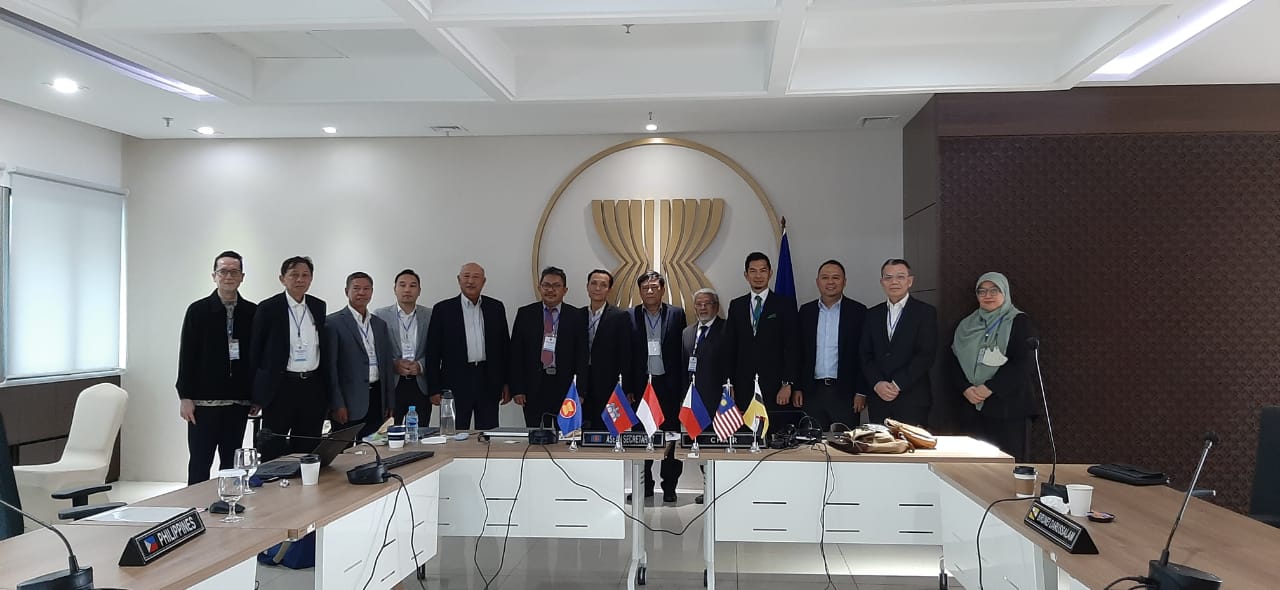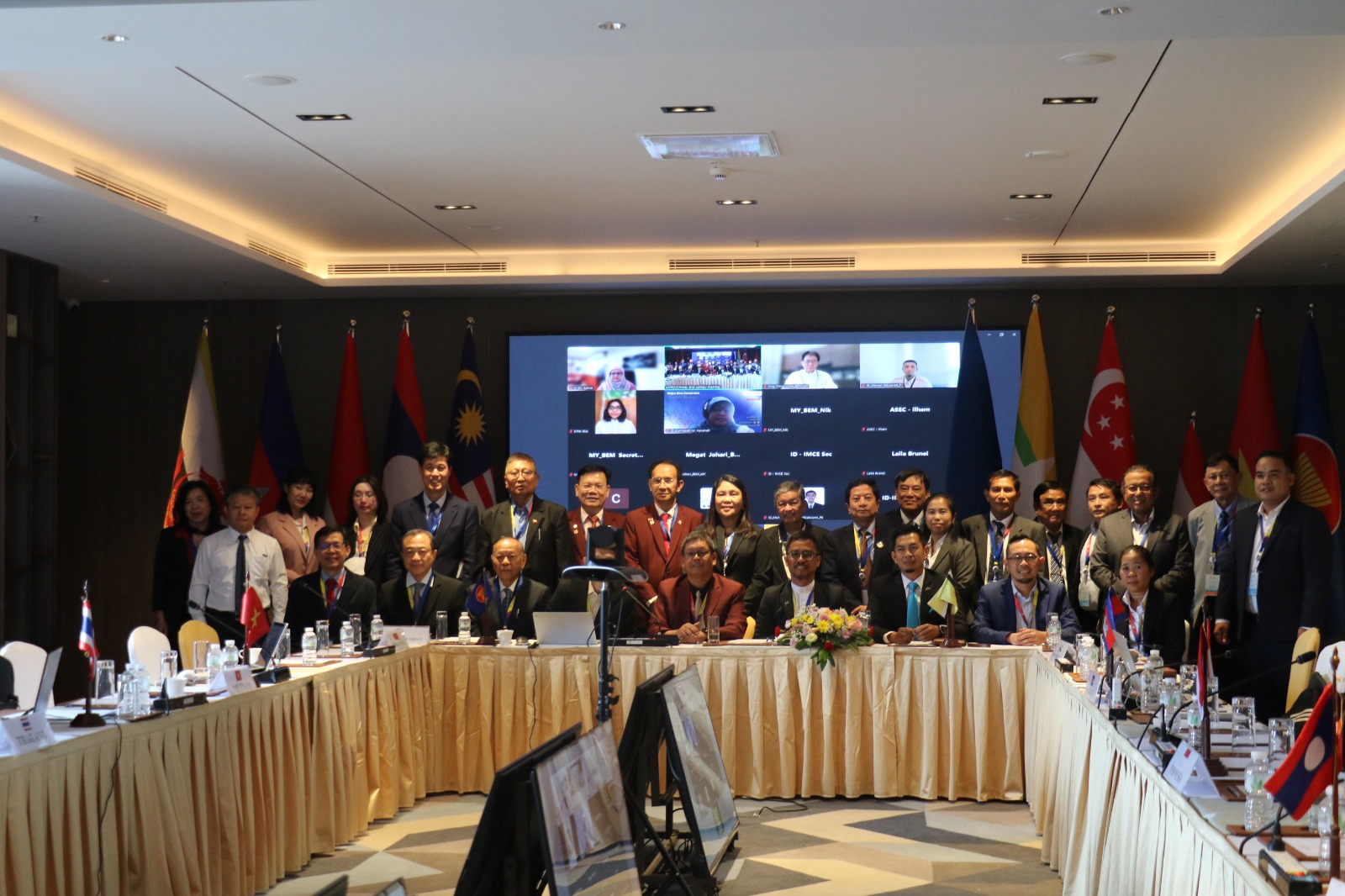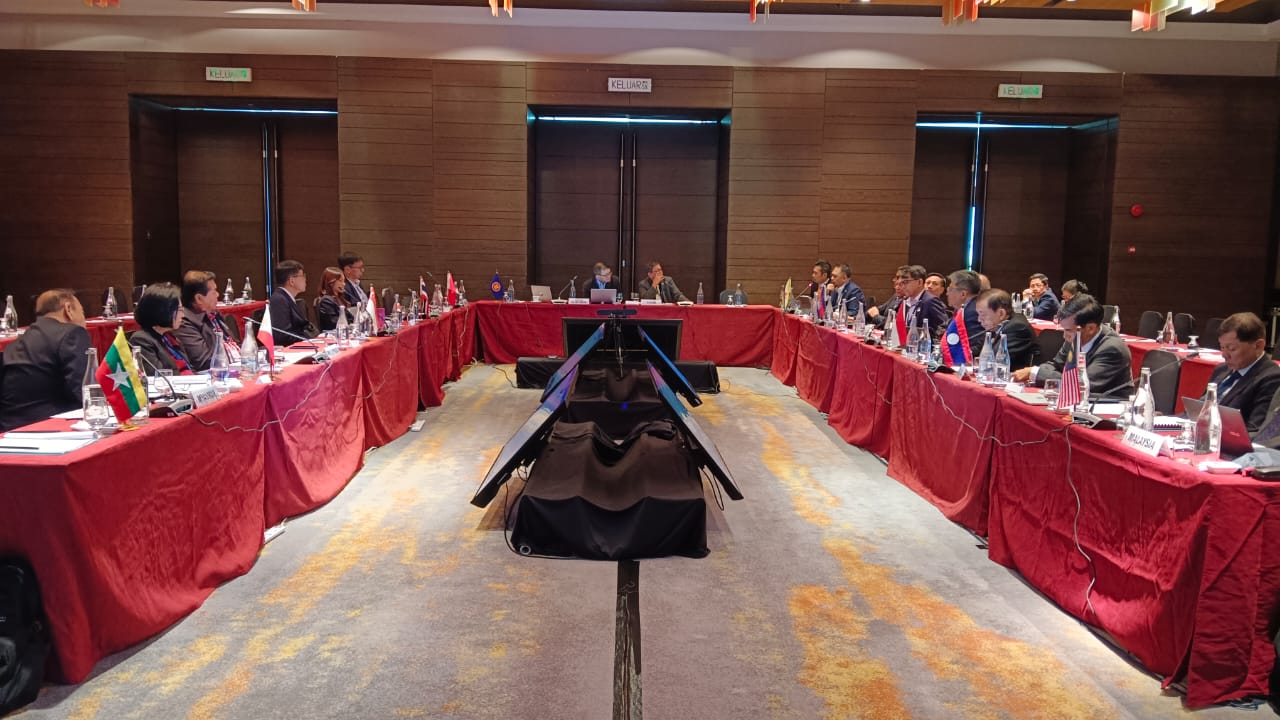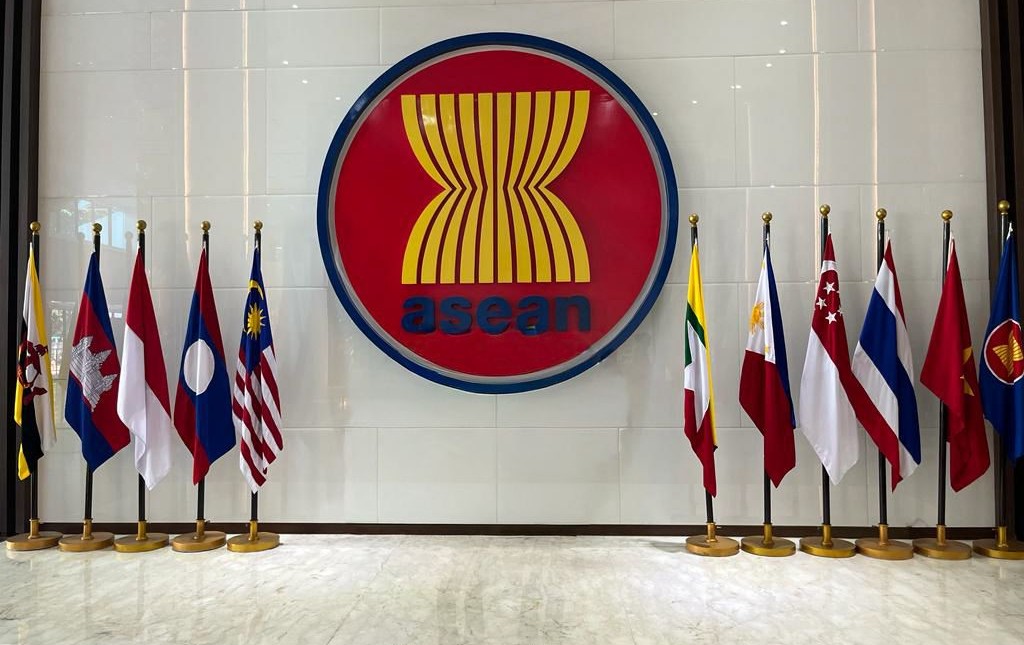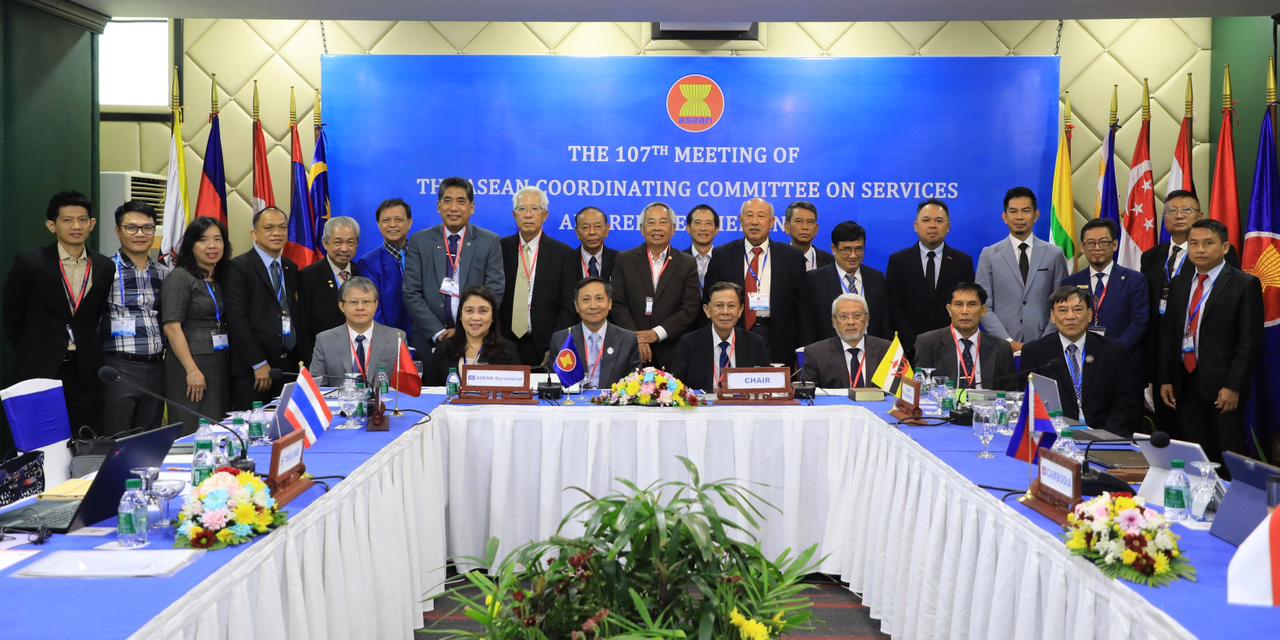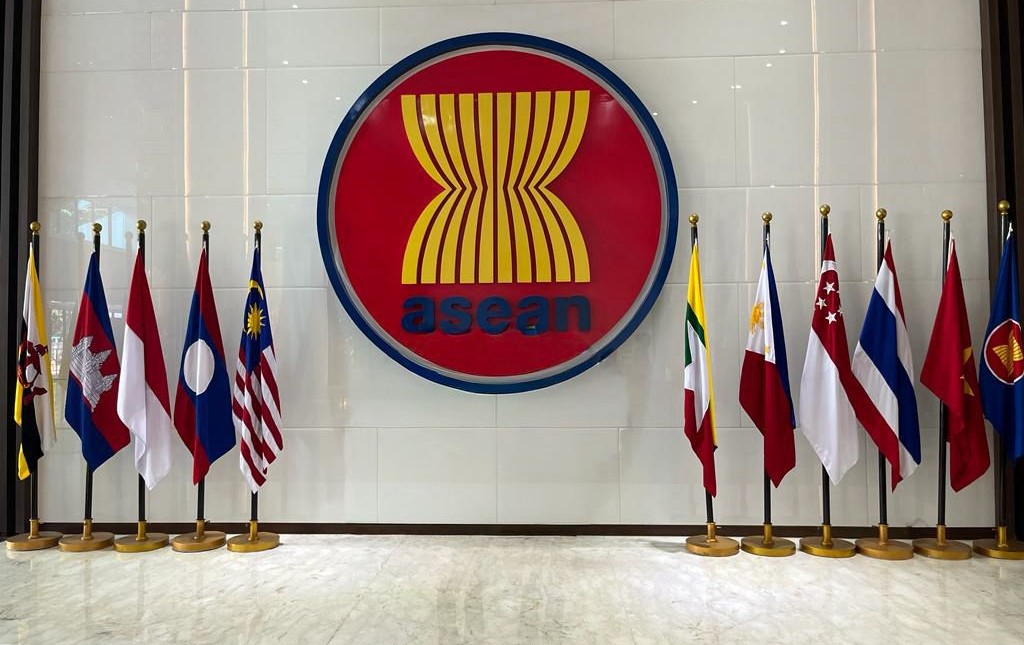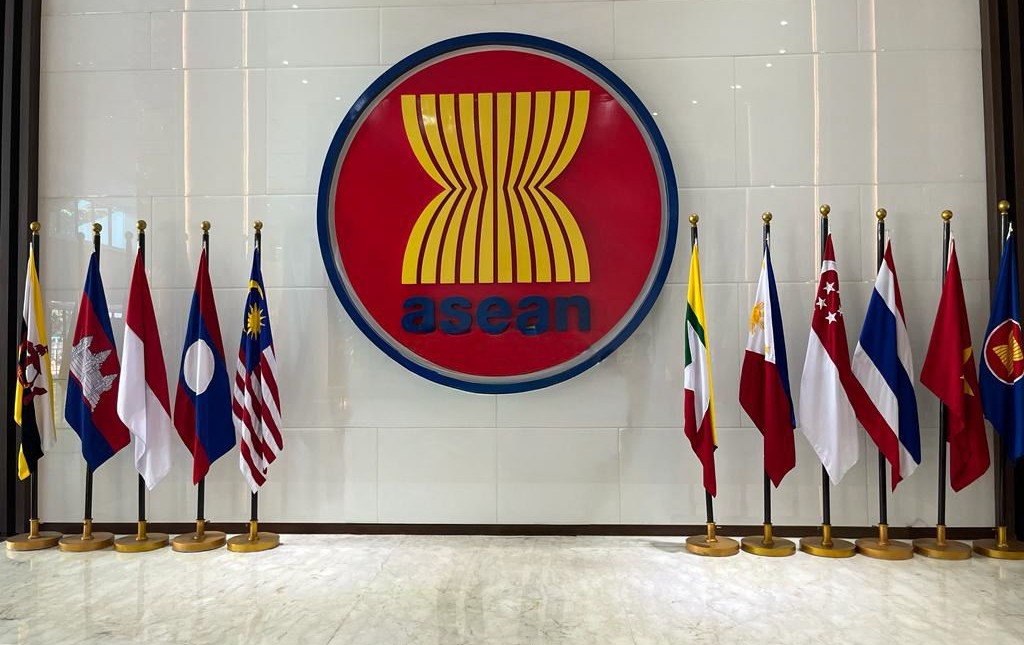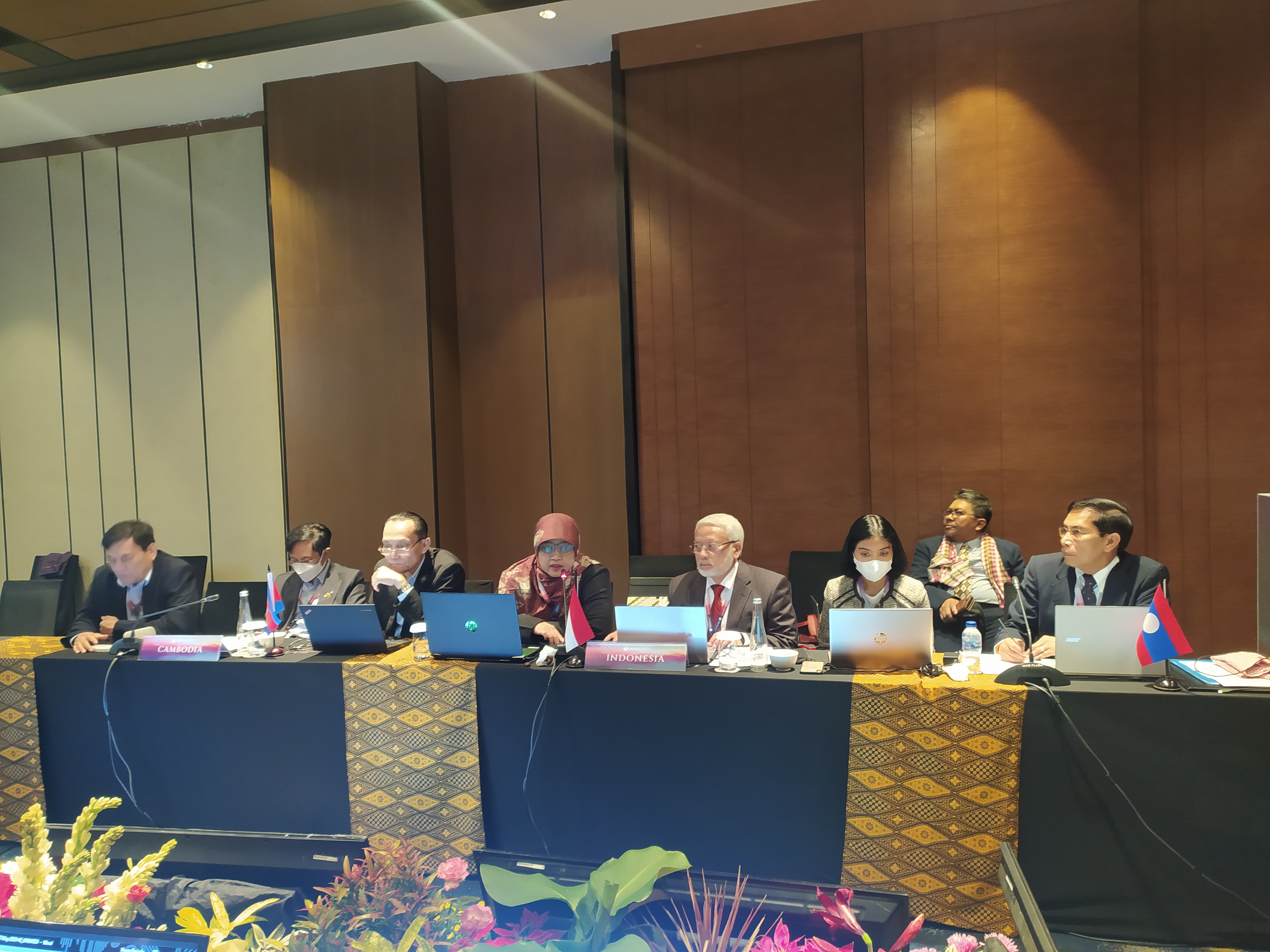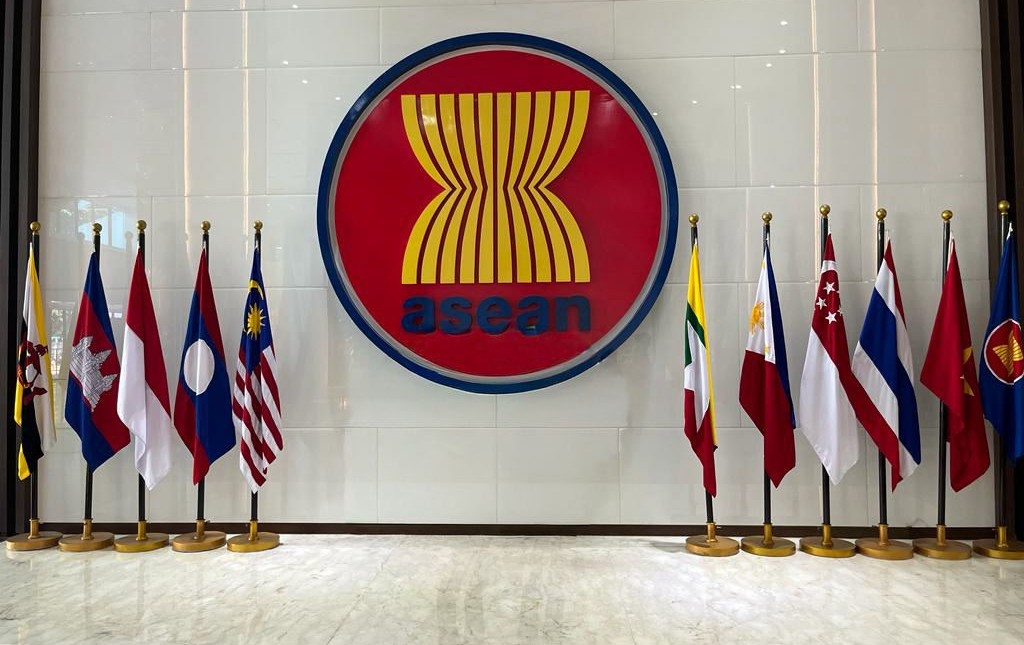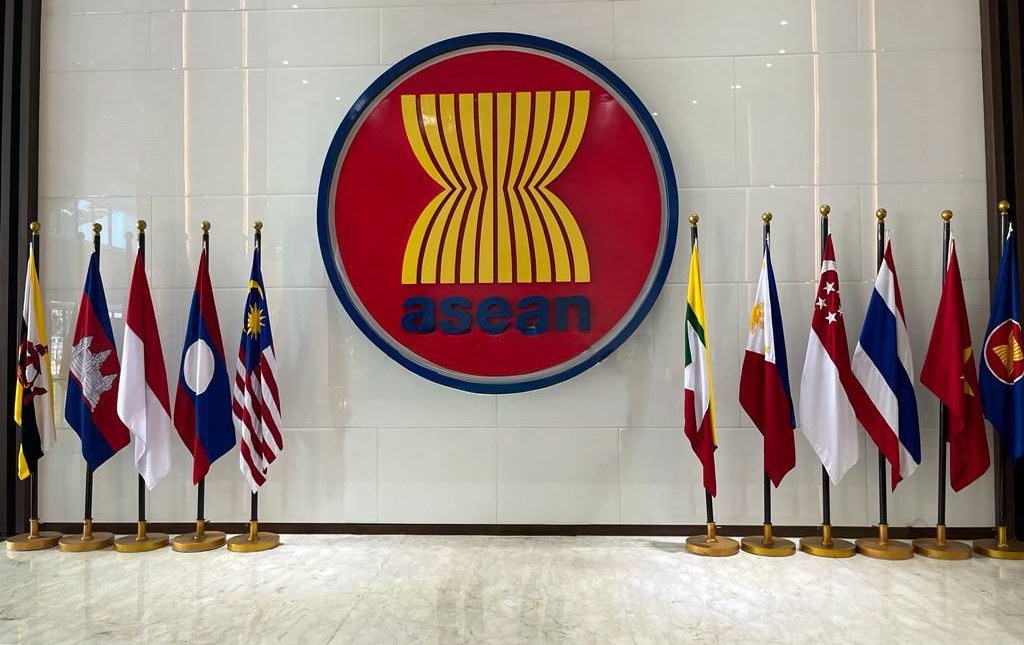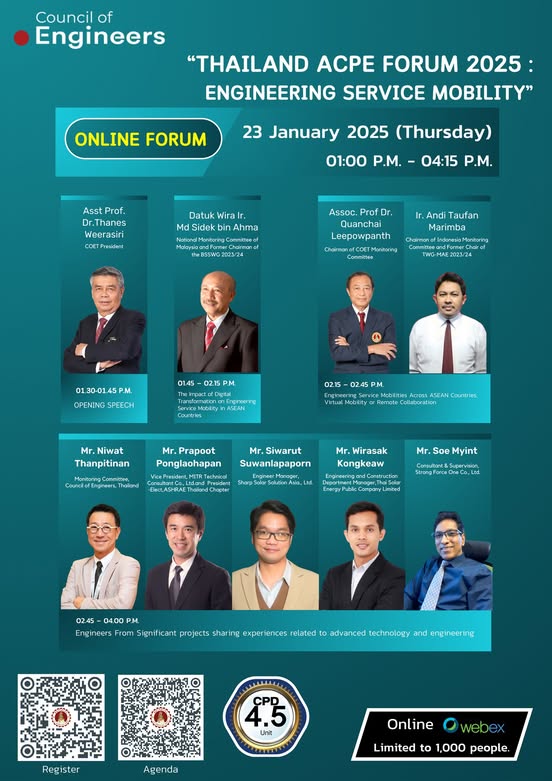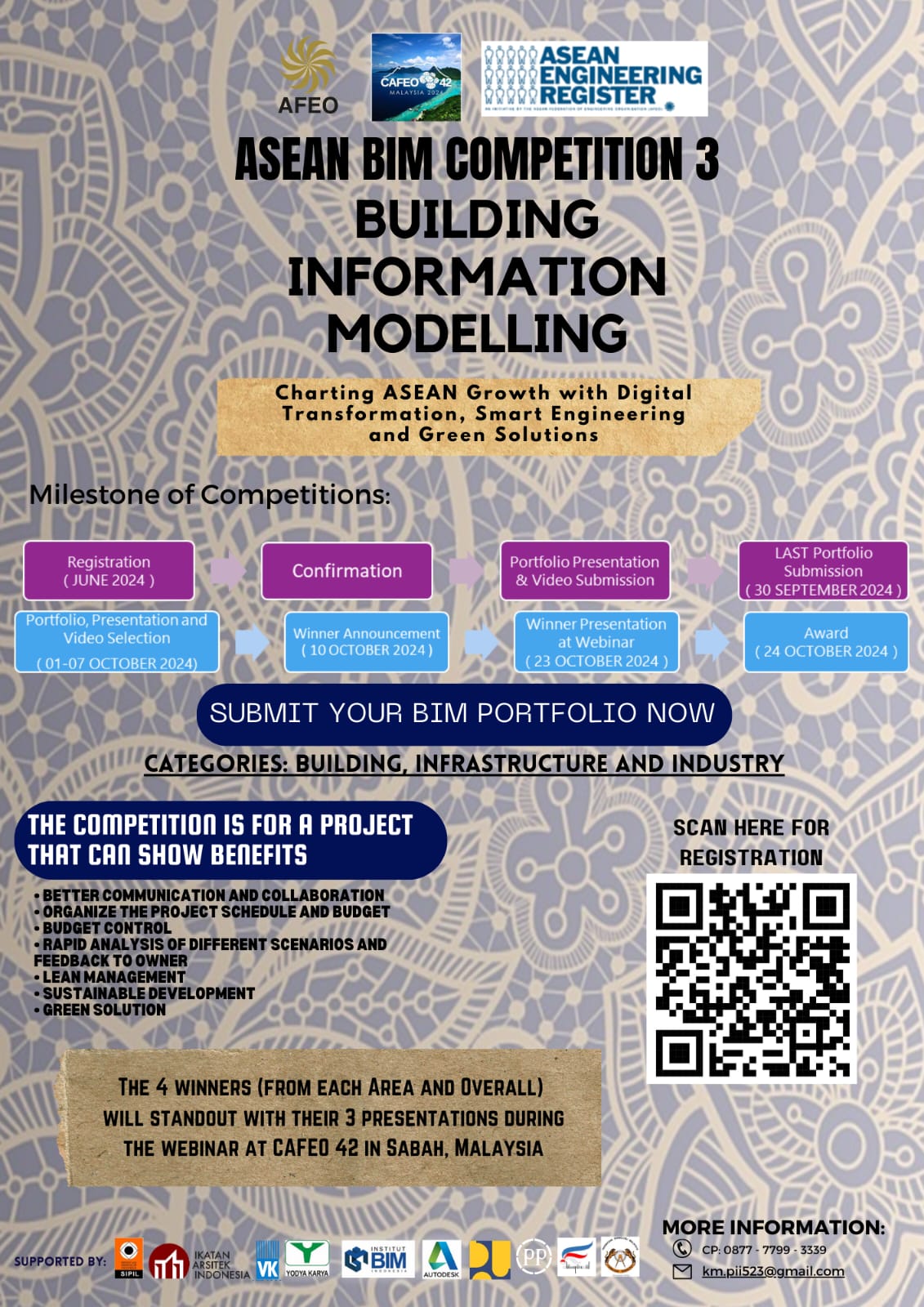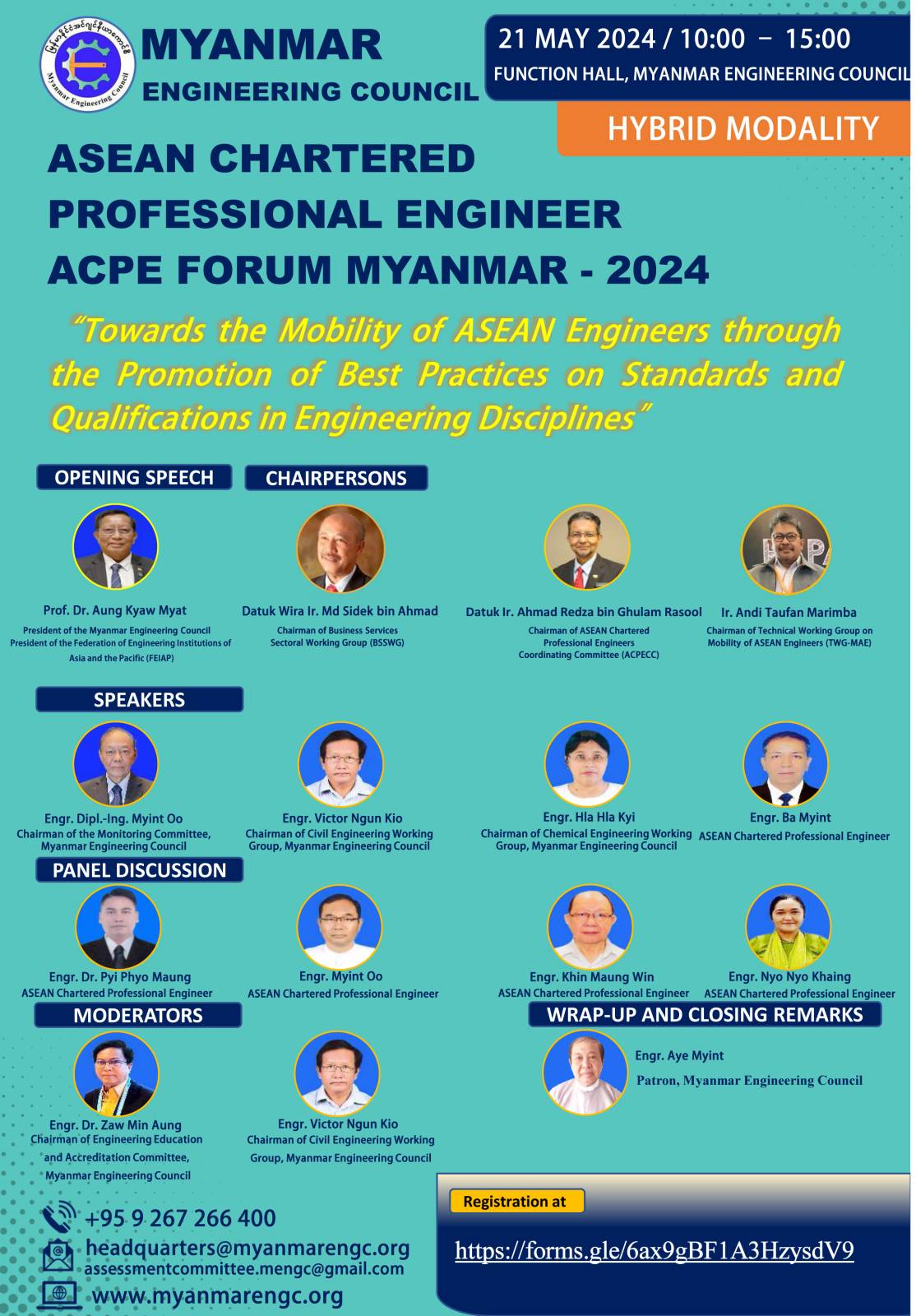 15 Oktober 2025
15 Oktober 2025 The ASEAN Chartered Professional Engineer Coordinating Committee (ACPECC) held its 48th Meeting at the ASEAN Secretariat, bringing together representatives from all ten ASEAN Member States (AMS) to advance regional cooperation in the field of professional engineering. The meeting was chaired by Datuk Mohd Adnan bin Mohd Nor from Malaysia and conducted in a hybrid format, with delegates attending both in person and virtually.
1. Expanding the ASEAN Engineer Community
A total of 405 new applications for ASEAN Chartered Professional Engineer (ACPE) registration were reviewed, and 403 were approved. With these additions, the total number of registered ACPEs rose to 6,497, with 6,455 active engineers across the region.
The newly approved engineers came from Cambodia, Indonesia, Malaysia, the Philippines, Singapore, Thailand, and Viet Nam, reflecting continued growth in cross-border professional recognition.
2. Strengthening Standards and Oversight
The meeting endorsed updated Assessment Statements from Myanmar and Lao PDR, ensuring alignment with current ACPE requirements. Updates from several Member States on Monitoring Committees were also recorded, showing continued commitment to maintaining professional standards and oversight across ASEAN.
3. Advancing Mobility of ASEAN Engineers
The Technical Working Group on Mobility of ASEAN Engineers (TWG-MAE) presented several key developments aimed at boosting professional exchange and collaboration across borders:
- ASEAN Engineering Awards – Sub-working groups were formed to design award criteria and processes that will recognize outstanding engineers and projects in the region.
- Internship and Exchange Programme – New initiatives were discussed to promote professional exposure and experience-sharing among ASEAN engineers.
- Capacity Building – Cambodia will collaborate with the ASEAN Federation of Engineering Organisations (AFEO) to identify training needs and explore joint capacity-building programmes.
- Registered Foreign Professional Engineers (RFPE) – Indonesia presented a standardized registration form and process, which was officially adopted. Malaysia also reported the successful implementation of online RFPE registration since 2020.
These initiatives mark a significant step toward harmonizing qualifications and enhancing engineer mobility within ASEAN.
4. Promoting ASEAN Engineering Projects
The meeting explored the idea of using ASEAN projects as platforms to strengthen professional mobility and cooperation.
Among the proposed initiatives were the ASEAN Fertilizer Project in Aceh and the ASEAN Power Grid (APG) — both aimed at advancing regional infrastructure and providing opportunities for collaboration among ASEAN engineers.
5. Progress on the ACPECC Roadmap
The Committee reviewed its implementation roadmap, confirming that several major milestones have been completed, including:
- Appointment of National Monitoring Committees and submission of Assessment Statements by all AMS.
- Full commencement of RFPE registration across ASEAN.
- Ongoing outreach programmes to promote ACPE registration and professional awareness.
Indonesia also announced plans to host the ACPE Forum in November 2023, reinforcing ASEAN’s shared vision of collaboration and professional excellence.
6. Engineering Events and Publications
- Philippines announced it would host the Conference on the Harmonisation of Codes and Standards for Mechanical Engineering in partnership with Japan and South Korea in July 2023.
- Malaysia unveiled its commemorative publication, “Crossing the Half Century Line”, celebrating 50 years of engineering excellence, and announced an upcoming release titled “Who’s Who in Engineering Malaysia.”
These initiatives underscore ASEAN’s ongoing commitment to knowledge sharing and professional recognition.









